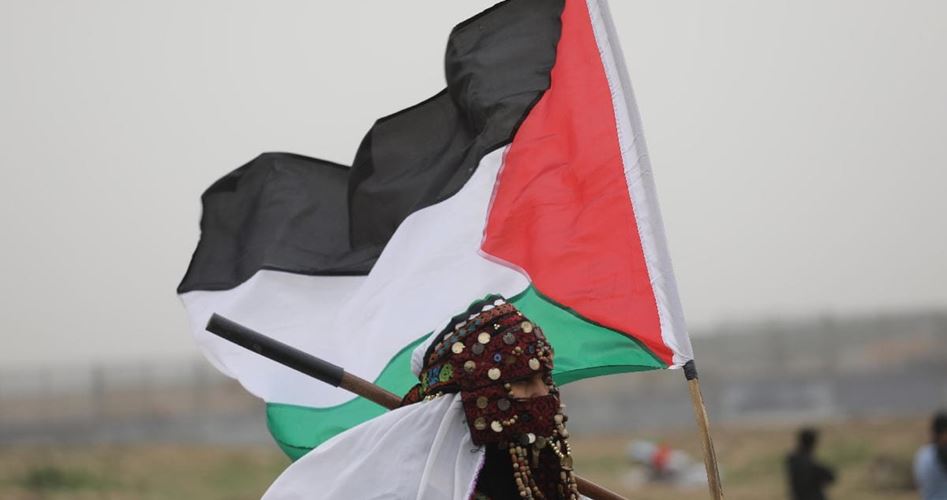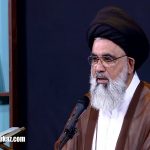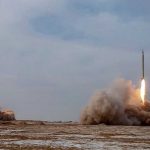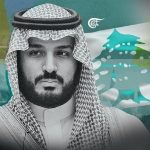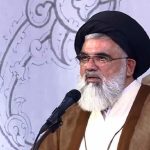Faraan; It is important for those working for Palestine, whether they are inside or outside Palestine, to remember that they are working for a major central cause, and that this means that progress is achieved slowly and is dependent on a cumulative struggle to which everyone contributes, and is not based on individual or intermittent work. Therefore, we must not await the results because many of those who work for Palestine do not realize or feel any results.
Perhaps a generation or two of fighters for Palestine will see no results, and will not liberate a single inch of Palestinian land, but this does not mean that the achievements have stopped or that these generations live, struggle and die in vain. Rather, what has been achieved would not have been achieved without the sacrifices of past generations and their struggle for the same cause.
The Palestinian national project is like a huge building, and everyone who struggles for it puts an additional brick or stone on this building, but many builders may die before the building is complete and before they get taste living the life they worked for. This is the circle of life that does not change, as parents work to make their children happy, then the children follow in their footsteps until the flag is handed over to the following generations, and so on. In a major issue such as Palestine, it is not important to look at the results; we should not even wait for them, as they may not be achieved in our lifetime, because it is an issue bigger than everyone working for it. Moreover, waiting for the results and rushing them will lead to despair and retreat, and is not the way to achieve results.
In an issue like Palestine, it is only necessary to verify the correctness of the tracks, not to wait and rush the results, that is, to ensure that the correct path is adopted. It is not important to know when we will arrive to the end. This important theory applies to the “freedom tunnel” operation that occupied the minds of some of those in despair and frustrated, as they discussed whether it was an achievement or not, especially after the occupation forces re-arrested the six prisoners who liberated themselves from Gilboa Prison through the tunnel in an operation that astonished the world. The reality of the situation is that this operation was not originally expected to end in achieving freedom for the six prisoners or for others, as it was expected that they would be re-arrested or assassinated because all of Palestine is under occupation, meaning they are in a large prison with no escape. This ultimately confirms that they were the first to realize that the tunnel that took a year to dig, was not their path to freedom, but rather was an act of struggle added to the other struggles by the prisoner movement.
In the struggle concept, the prisoners were able to achieve what they wanted, by digging the tunnel and escaping from the Israeli prison. They took a step forward in their struggle project, and that is enough for them. In the same concept, everyone who works for Palestine and believes that it is a central and major issue and they must do what they can in their journey without thinking of the results or the question: When will we arrive? Some of the smaller workers in the Palestinian cause and other causes cannot feel their impact, and in many instances, what they do goes to waste. Despite this, there is a purpose for what they did, which is for them to feel that they have fulfilled their duty and did what should be done.
The most important conclusion here is that those working for Palestine should not await the results or victories and should not expect that Palestine will have a date with freedom next year. They must not expect that the occupation will end in 2022 because although all of this can happen, no one can predict when and therefore awaiting the results and rushing them is the path to desperation and frustration, not achievement and work. What is required by all of the workers is to continue their struggle until the flag is handed over to those after them, and nothing else.

